News

The future is urban: U of T’s School of Cities celebrates its fifth anniversary
Five years ago, UofT established the School of Cities, a multidisciplinary hub tasked with creating solutions for more efficient and equitable cities in an increasingly urbanized world. The project makes enormous sense. In a world where 4.5 billion people live in cities and more move to cities every day, there is no question that the future is urban.

CDHI Launches Indigenous Digital Practice Initiative for 2023-24
Dr. Jennifer Wemigwans to lead IDP as Director The Critical Digital Humanities Initiative (CDHI) is pleased to announce that we are launching the Indigenous Digital Practice initiative, with the goal of building strengths in Indigenous Digital Practice among university and community-based Indigenous researchers. We recognize that there are significant strengths in Indigenous digital practice and Indigenous data […]
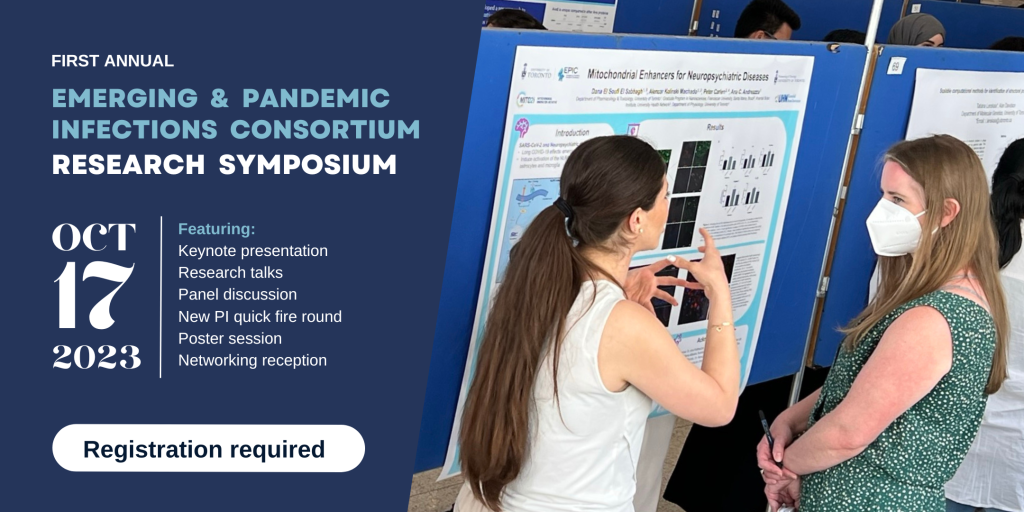
First annual EPIC Symposium: October 17, 2023
The first annual Emerging and Pandemic Infections Consortium symposium is a day of research, networking and community-building. The event will feature a keynote presentation, research talk, panel discussion, new PI quick fire round, poster session, and networking reception.
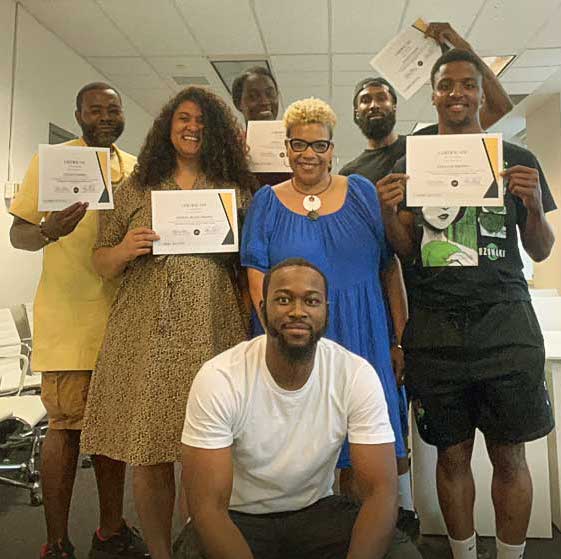
Community-based approaches to support survivors of homocide victims
The Neighborhood Ambassador Program (NAP), launched by the Centre for Research and Innovation for Black Survivors of Homicide Victims (The CRIB) in 2023, employs community members who live and/or work in neighborhoods disproportionately impacted by homicide, to provide community outreach and support as well as to conduct research.
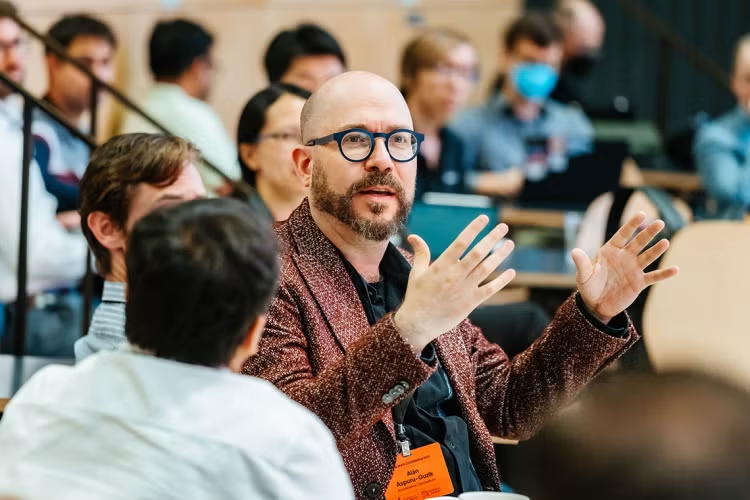
Global experts gather at U of T to discuss how ‘self driving labs’ will revolutionize scientific discovery
The Acceleration Consortium (AC) at the University of Toronto recently brought together more than 350 representatives from academia, industry and government from 16 countries to discuss how “self-driving labs” are revolutionizing the speed and impact of scientific discovery. Held over four days in August, the consortium’s second annual Accelerate conference focused on key themes such as talent development, collaboration […]
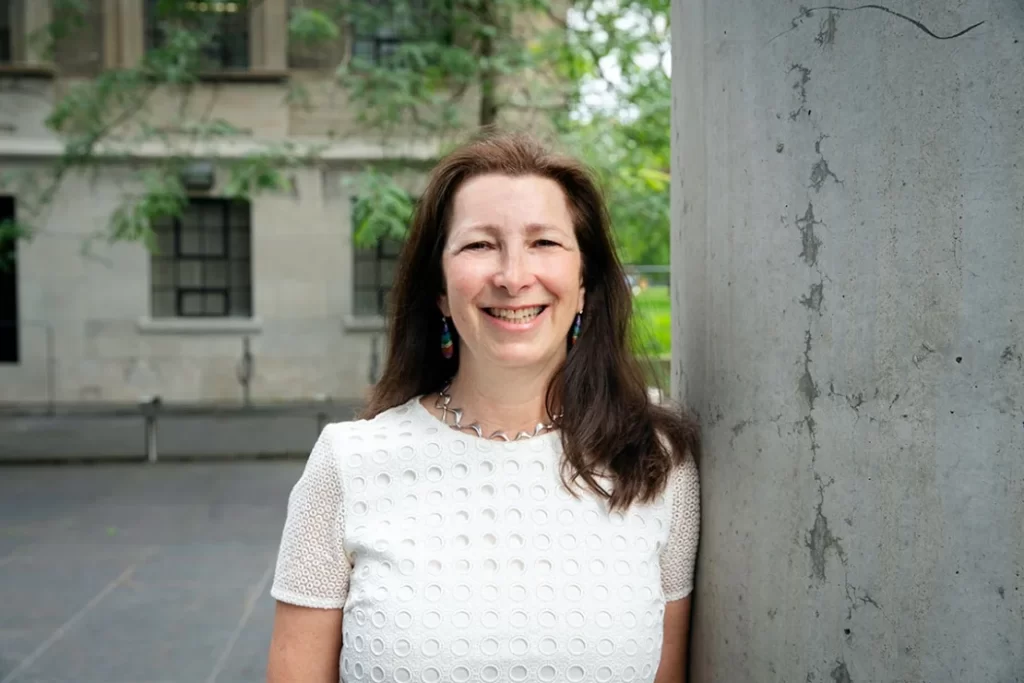
Molly Shoichet named director of U of T's precision medicine initiative
Molly Shoichet has been named scientific director of PRiME Next-Generation Precision Medicine – an institutional strategic initiative that tackles unmet needs in drug discovery, diagnostics and disease biology. “It is such an exciting time in precision medicine,” says Shoichet, a University Professor in the Faculty of Applied Science & Engineering with a cross appointment to the Leslie Dan Faculty of Pharmacy who is […]
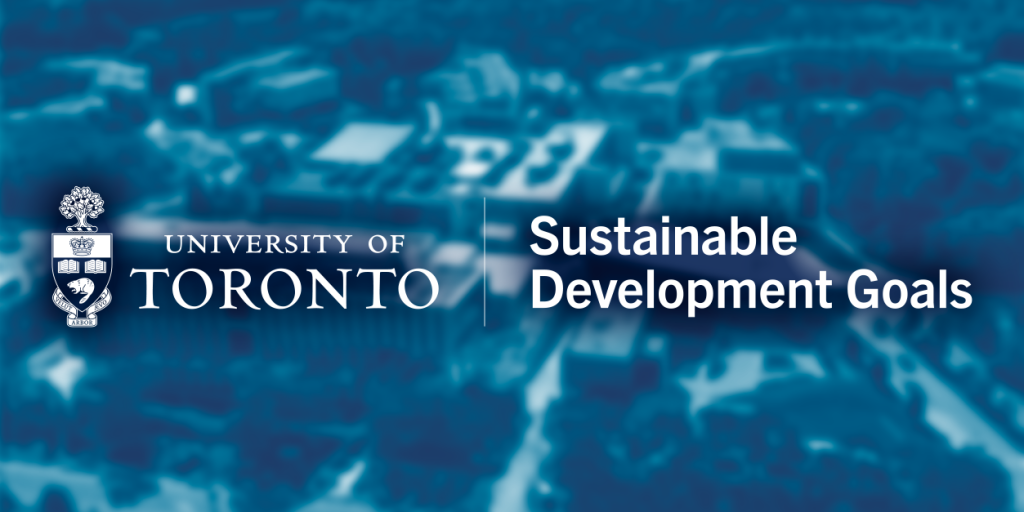
Newest institutional strategic initiative focuses on UN sustainable development goals
SDGs@UofT pursues an ambitious research agenda that addresses the 17 UN sustainable development goals (SDGs) –targets that individuals, communities, institutions and countries can work toward achieving by 2030. They include taking urgent steps to combat climate change, consuming and producing sustainably, improving health and education, reducing inequality and protecting the natural world, among others.
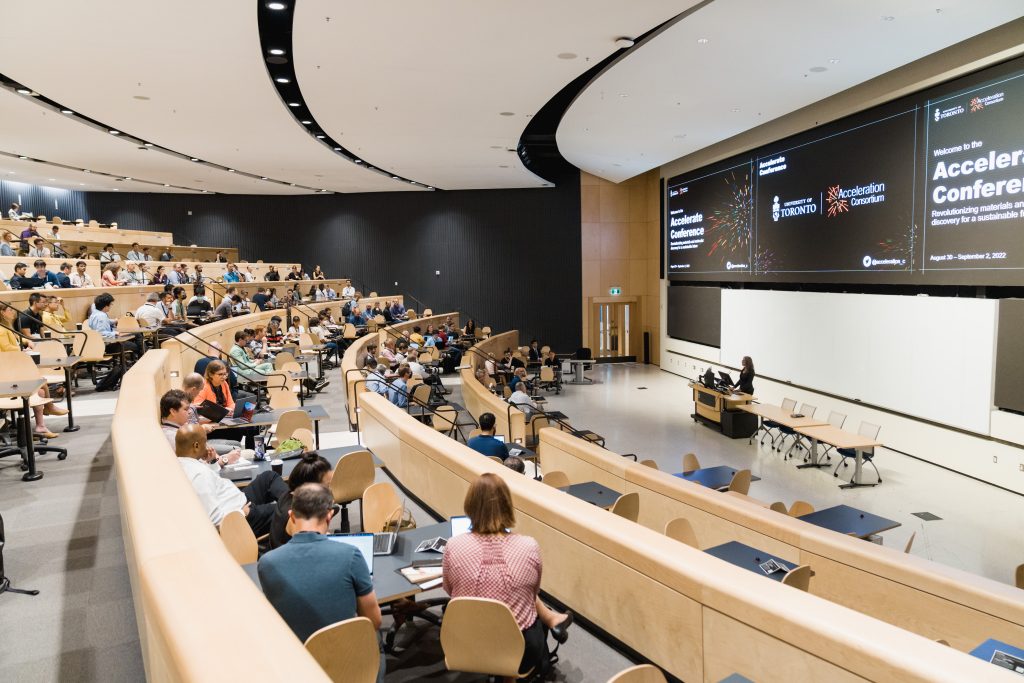
2023 Accelerate Conference
Accelerate is an interdisciplinary event that brings together changemakers in academia, industry and government who are shaping the emerging field of AI for science. Conference talks, workshops and networking opportunities will allow attendees to connect with a global community working to realize a healthy, sustainable, materially different future. The 2023 conference takes place August 22-25 […]
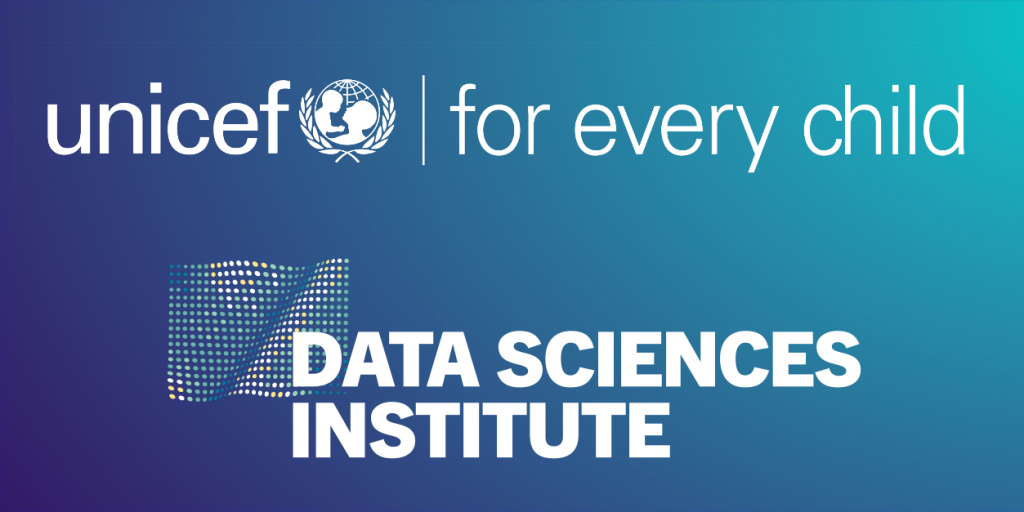
DSI and UNICEF Collaborate to Advance Data Science Research and Training
In a significant collaboration aimed at advancing data science research and training, the Data Sciences Institute (DSI) at the University of Toronto is partnering with the United Nations Children’s Fund (UNICEF)’s Frontier Data and Tech team to leverage data for addressing complex challenges concerning children. This collaborative effort aligns with DSI’s strategic goal of fostering […]
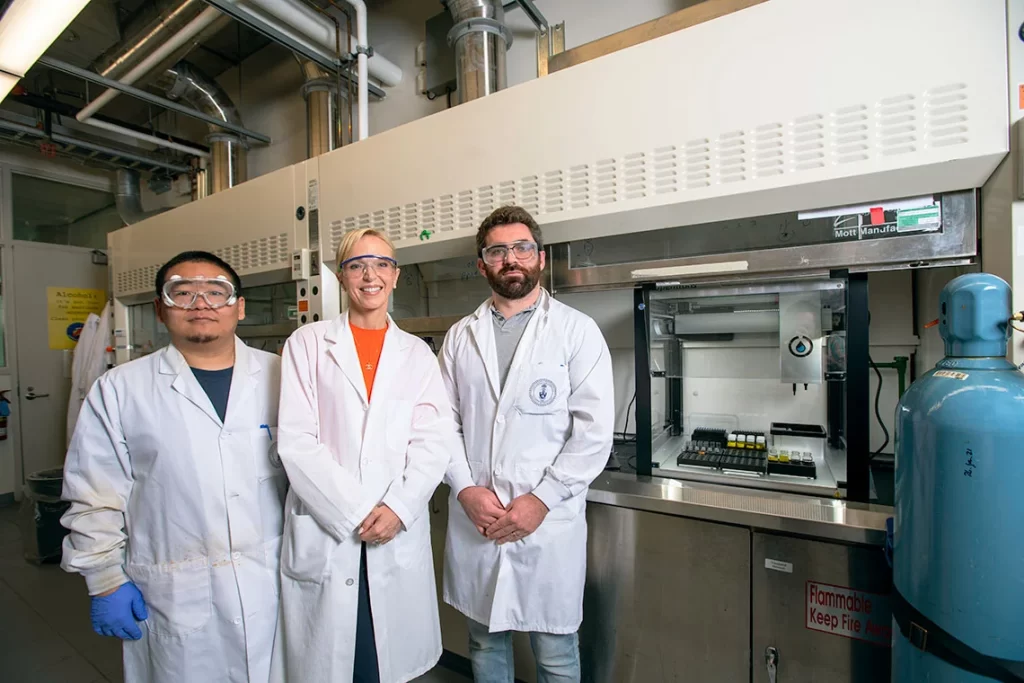
New autonomous lab at University of Toronto to improve drug formulation
A new autonomous lab being built in the University of Toronto's Leslie Dan Faculty of Pharmacy will help to design and optimize formulations that will improve bioavailability, stability and efficacy of a variety of drugs.
Christine Allen, a professor in the faculty whose research focuses on drug development and disease diagnostics, is co-leading the lab with Frank Gu, a professor in the department of chemical engineering and applied chemistry in the Faculty of Applied Science & Engineering.
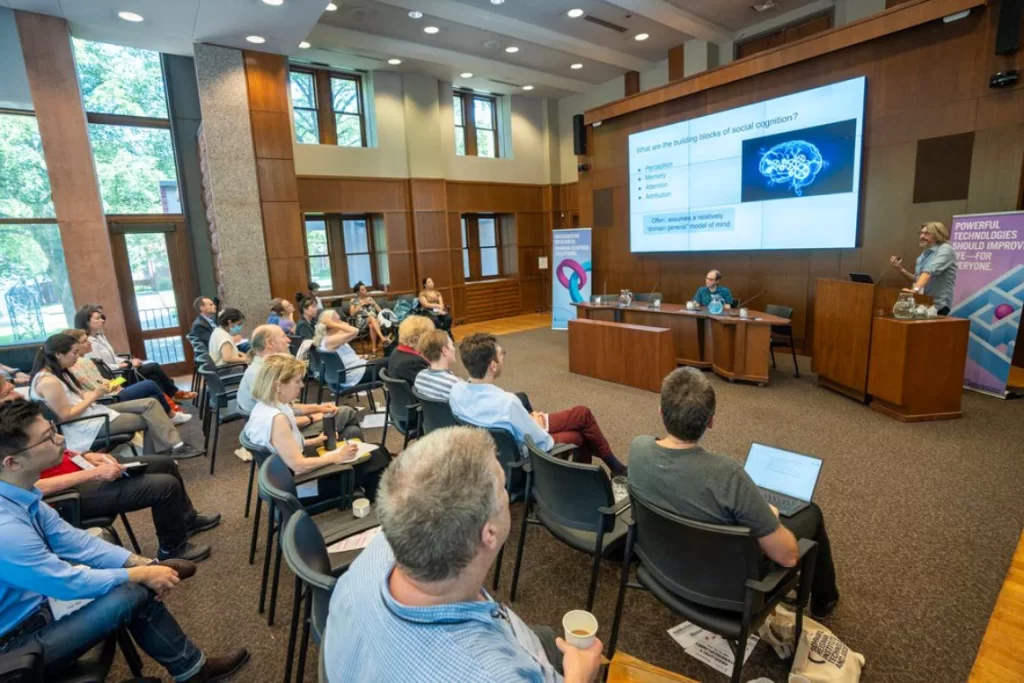
Researchers explore shifting AI landscape at Absolutely Interdisciplinary conference
Researchers across disciplines gathered recently at the Absolutely Interdisciplinary conference to reckon with the ramifications of the evolving AI landscape – from the technology’s transformative impacts on work and education, to its implications for human cognition and values.
The third annual academic conference held by the Schwartz Reisman Institute for Technology and Society (SRI) at the University of Toronto featured 23 speakers from diverse fields such as computer science, psychology, law, economics, education, philosophy, media studies, and literature.

